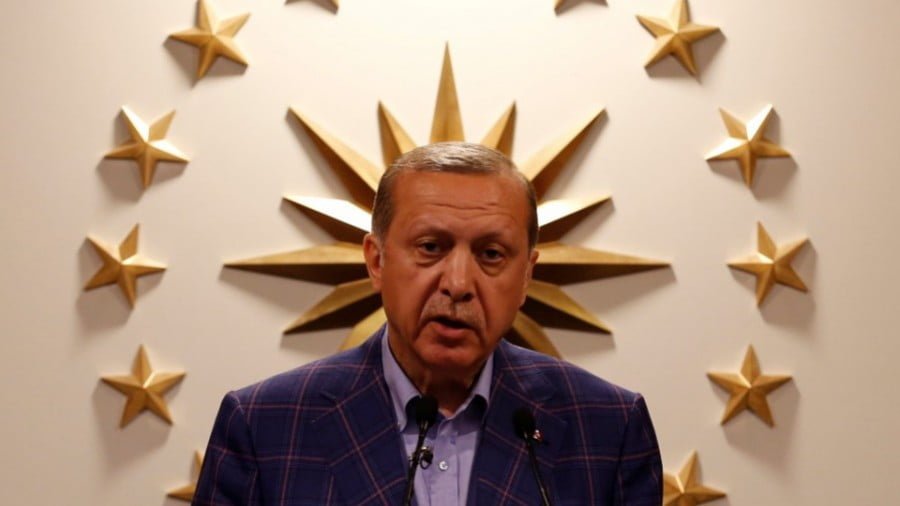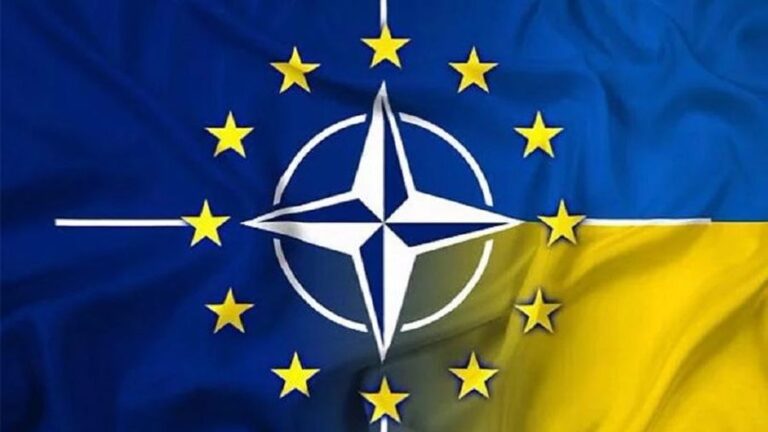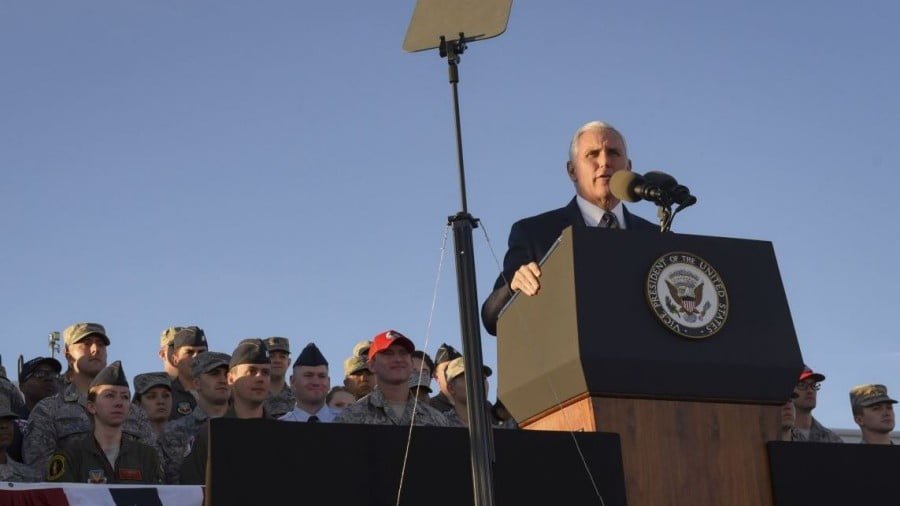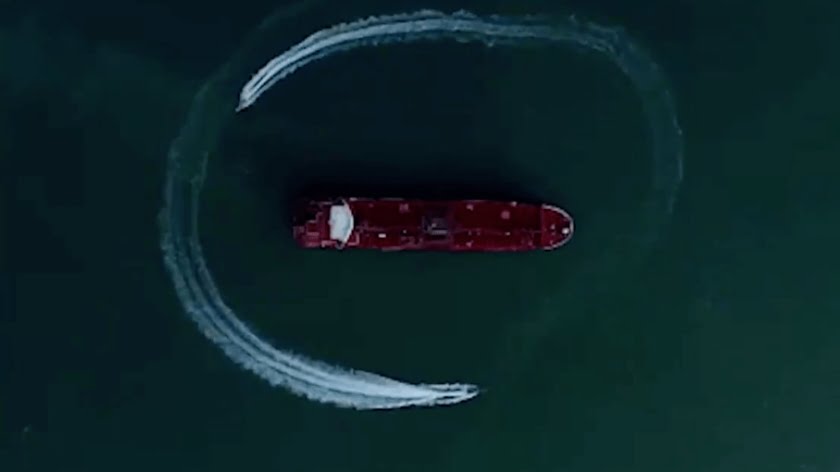US Blinks Under Turkish Pressure in Syria
The Turkish President Recep Erdogan gave a stark warning to the Trump administration on Friday by stating his intention to order an assault on the northern Syrian town of Manbij, roughly 40 km from the Turkish border and 100 km to the east of Afrin, where US forces are operating alongside Kurdish militia.
He said, “Operation Olive Branch will continue until it reaches its goals. We will rid Manbij of terrorists (read Kurds) … Our battles will continue until no terrorist is left right up to our (910-km) border with Iraq.”
The fact of the matter is that unlike Afrin, which is predominantly Kurdish, the ethnic composition of Manbij is diverse with Arabs, Circassians and Chechens forming majority. A Turkish assault on Manbij will expose the fundamental contradiction in the US strategy to align with Kurds in the multi-ethnic northern Syrian region to the east of the Euphrates, where Arabs dominate and tribal solidarity remains strong.
The Kurds consider this region as “historically Kurdish,” based on notions from the Middle Ages and Salah al-Din, but the ground reality is that they can never integrate such a large Arab population. Suffice to say, undermining the Kurdish gains in Manbij is not going to be difficult for Turkey and US forces are sure to get caught in the crossfire, since without direct US intervention, Kurds will be at a disadvantage.
Occupation of Afrin is not the Turkish objective. Turkey’s aim is to scatter the Kurds’ Rojava dream, which is based on a contiguous homeland across northern Syria up to the East Mediterranean. The western analysts’ prognosis of a “Turkish quagmire” in Afrin is far-fetched. Turkey understands that it is futile to conquer Afrin, a region of rugged mountains with hostile Kurdish population.
The Turkish Foreign Minister Mevlut Cavusoglu hinted at this when he said on Friday, “After clearing them (Kurds), we will hand the region over to its real owners; namely, we will hand it over to Syrians.” Cavusoglu meant the Arab population. Interestingly, Kurds in Afrin have sent feelers to Damascus to come and reclaim the lost territory.
Much depends on the Russian game plan. Russia is in a unique position of being on friendly terms with Turkey, Afrin Kurds and Damascus. Moscow may prefer that the Turks complete their mission in Afrin and move on to Manbij. That gives respite to the Syrian government forces to gain control of Idlib.
Turkey is signaling that it will risk confrontation with the US, if it must. Deputy Prime Minister Bekir Bozdag (who also officiates as the government spokesman) warned the Pentagon, “Those who support the terrorist organization will become a target in this battle. The United States needs to review its soldiers and elements giving support to terrorists on the ground in such a way as to avoid a confrontation with Turkey.”
Turkish Prime Minister Binali Yildirim also spoke on these lines: “A big country like the US has a huge army and potential, does it need terrorist organizations (for its operations in the region)? … This is clear hostility. Turkey will not allow this no matter who is behind it, regardless of its power and whatever the name it may have.”
To be sure, Turkey is relentlessly piling pressure and is not giving any wriggle room to Washington. The Trump administration is compelled to compromise. The National Security Advisor HR McMaster telephoned the Turkish presidential aide Ibrahim Kalin on Friday late evening to discuss Turkey’s “legitimate interests” and to convey that the US will not provide weapons to the Syrian Kurds anymore.
McMaster’s overture followed a telephone conversation on Friday between Erdogan and British Prime Minister Theresa May. Britain has a role to play in the Kurdish problem, historically. Besides, the controversial speech on Syria by US Secretary of State Rex Tillerson at Stanford University ten days ago, which was the tipping point, had a big British input – where he proclaimed that military presence in Syria would continue “indefinitely” and that Pentagon planned to train a 30,000-strong Kurdish security force on the Turkish border.
In immediate terms, the US and Britain’s priority is to disrupt Russia’s Syria talks in Sochi on January 29-30, which is expected to discuss a constitution for Syria. The West sees Turkey’s role as the last countervailing force to a Russian-imposed peace in Syria.
However, any compromise formula at this point may be too little, too late for Erdogan at this stage. For one thing, the ground situation has acquired a dynamic of its own. The Kurds are firing rockets at Turkey with impunity. The point is, PKK is not under US command. Erdogan rejected McMaster’s assurance and alleged that US arms are still “flowing” to the Kuridsh militia.
Foreign Minister Cavusoglu point blank demanded today that the US forces should withdraw from Manbij “immediately.” Complying with the Turkish demand will be very humiliating for the Pentagon. But what is the alternative?
The signs are that Erdogan has a deal already with the Kremlin. Russia is tacitly acceding to the Turkish drive to weaken Kurds. It’s a “win-win” situation for Moscow and Ankara. From the Russian viewpoint, the US strategy in Syria will reach a cul-de-sac if the Turks degrade its Kurdish allies. It must be factored in that Moscow suspects that the US masterminded the attack attack on the Russian base at Hmeimim on January 5. President Putin hinted at this and went on to point a finger at a calculated ploy to wreck Russian-Turkish relations.
As for Turkey, given the trust deficit in their relations after the failed coup against Erdogan in 2015 and the opaqueness of American intentions in Syria and Iraq, Turkey is barely tolerating the US military-intelligence presence along its sensitive southern borders. But Turkey cannot and will not make an outright demand for a US pullout from Syria, being NATO allies and all that.
On the other hand, if the US is neither able to protect its Kurdish allies nor to create new facts on the ground in northern Syria (to counter the expanding Iranian presence), and also lacks the capacity to leverage the policies of regional states, what is the logic of maintaining isolated pockets of military presence in northeastern Syria “indefinitely?”
Thus, by degrading the Kurdish militia and effectively destroying their utility to the US, Erdogan is killing two birds with one stone. Putin must be sensing that, too. Meanwhile, Russia is prevailing upon Tehran and Damascus to get on with life, leaving it to Erdogan to sort out the fate of the US presence in Syria.
By M.K. Bhadrakumar
Source: Asia Times







